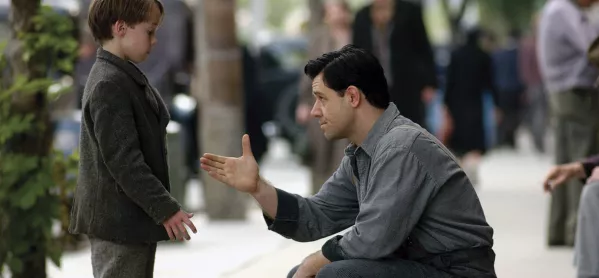A teacher friend rang me in a flap the other day. Usually, once the hamster wheel that is the school term is up and running, I wouldn’t expect to hear from her, so her call was a surprise. I wondered what was wrong.
It turned out that she was worried about a girl in her class. I don’t mean that the child was sick and had to be sent home, that sort of thing. No, she was worried because the girl had special educational needs.
Once the flapping had subsided enough for me to get a word in edgeways, we got down to business.
Yes, I had taught a similar topic to my Year 4 pupils with SEND a couple of years ago. Yes, I could dig my planning out and see if we could adapt any of it. I could suggest plenty of activities that worked with children with literacy difficulties, depending on their stage of development.
Then I asked some questions. Had she spoken to the school’s SEND coordinator? Had she got a copy of an education, health and care plan or individual plan? What were the targets or outcomes? What could she do, within the confines of her subject, to work towards them?
This is the job
We came to the crux of the matter: my friend had had a busy week. She had no specialised teaching assistant to call upon for advice. For a moment, she wondered how on Earth she was going to teach a class containing such diverse needs. She was at a loss.
It was then that I reminded her - gently, because I am nice like that and she is my friend - that this is what she trained for. This is the job: teaching whoever comes through the door, and she has done it with imagination and flair for the past 10 years.
I reminded her that, although she might not have come across a child working at this level in her secondary school before, this did not mean that she didn’t know how to do it.
She’s experienced enough in the ways of children to know that they all have to start somewhere - and that she could meet this pupil in that place, wherever it was.
Sometimes, I think we need reminding that we don’t have to get it right straight away. We need telling that the process of teaching is not just a case of a child’s learning, but of ours, too.
So if the pupil couldn’t do the task today, tonight, her teacher will go home, she will think about what went well and what didn’t, and she will come back in the morning with something else. If that doesn’t work, she will keep on plugging away until she finds the thing that does.
She doesn’t need to know every last detail of her student’s learning profile to get on with the job. She just has to get to know the child herself.
Nancy Gedge is a consultant teacher for the Driver Youth Trust, which works with schools and teachers on SEND. She is the TES SEND specialist and author of Inclusion for Primary School Teachers




